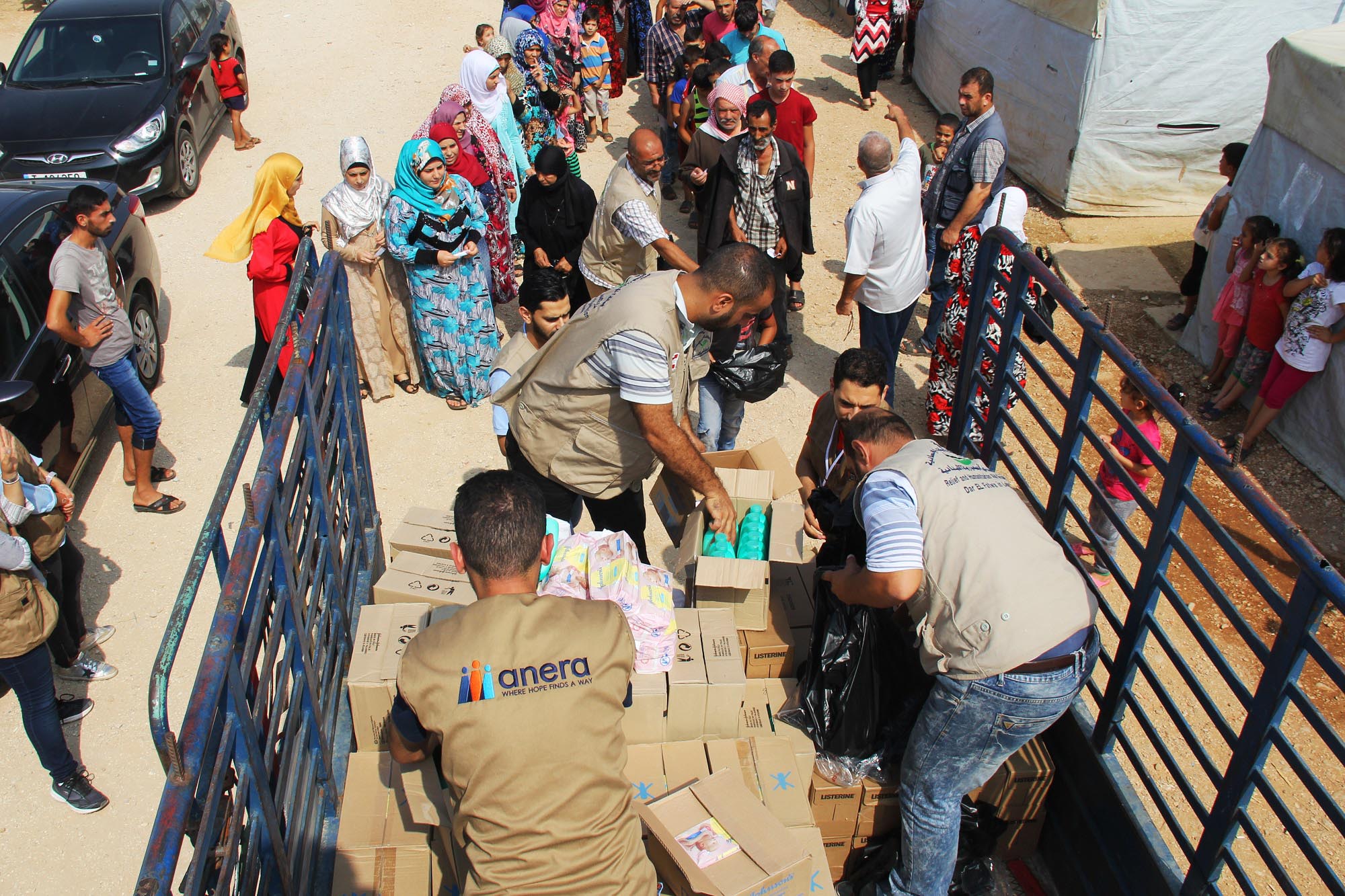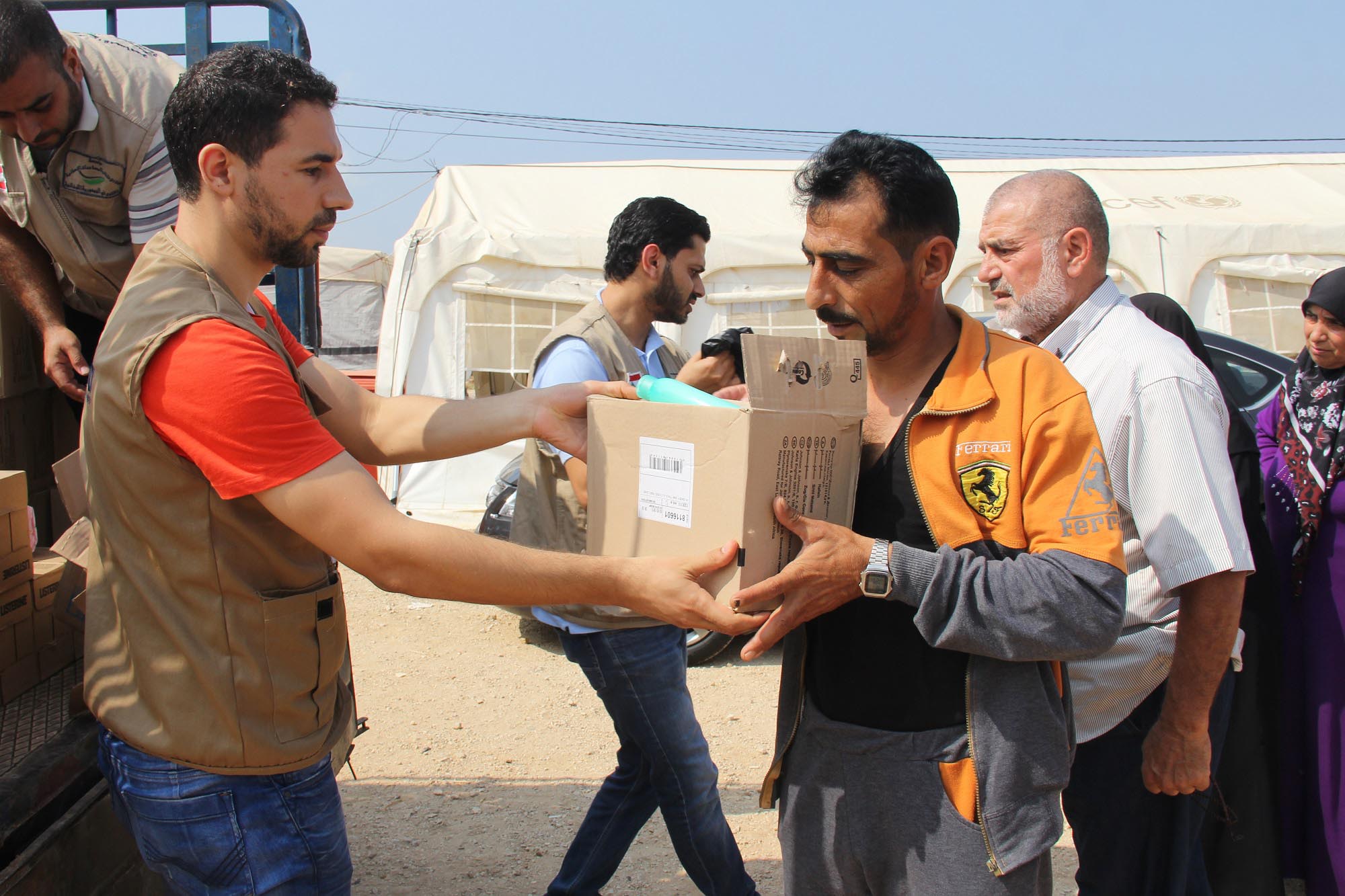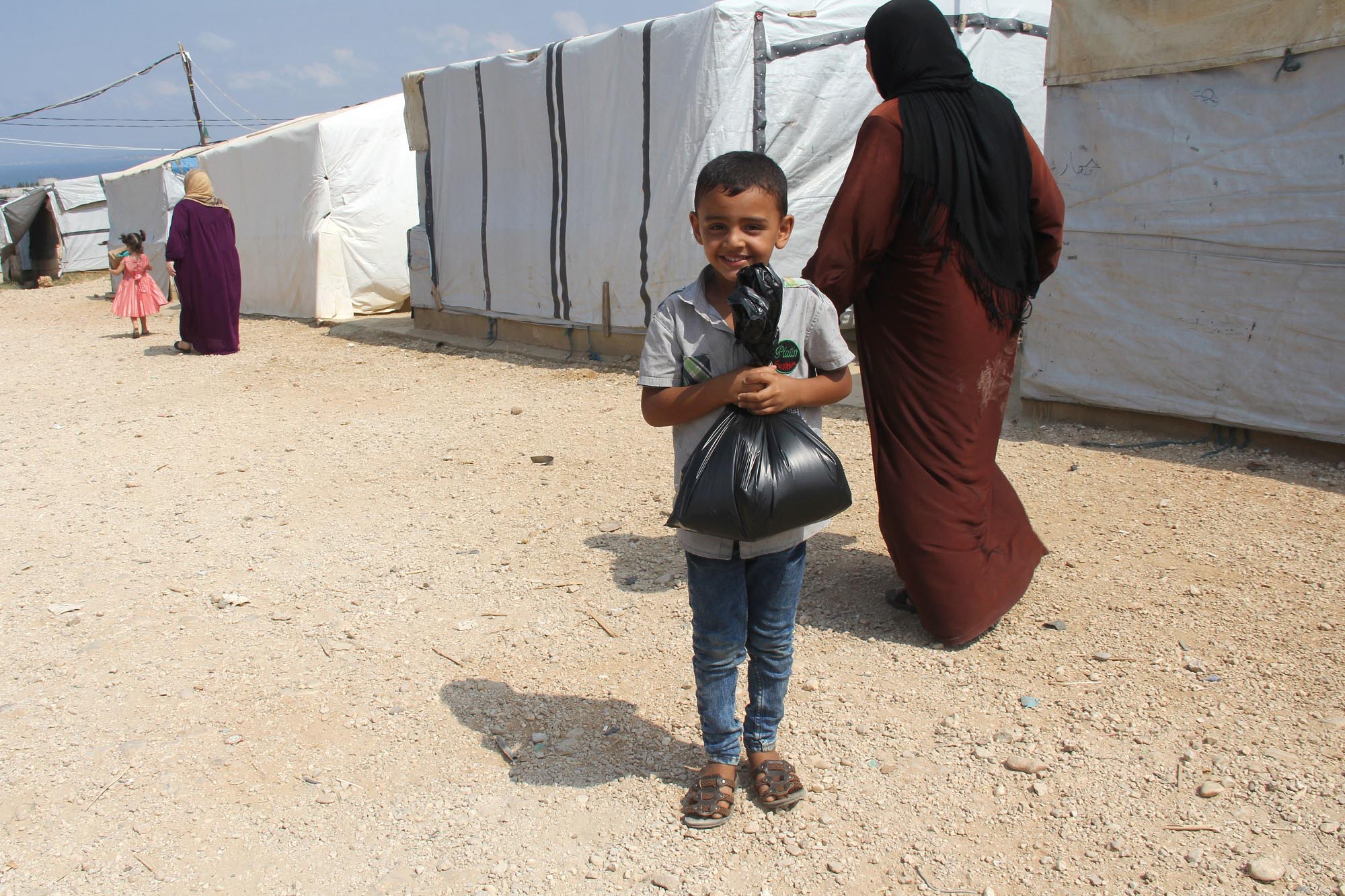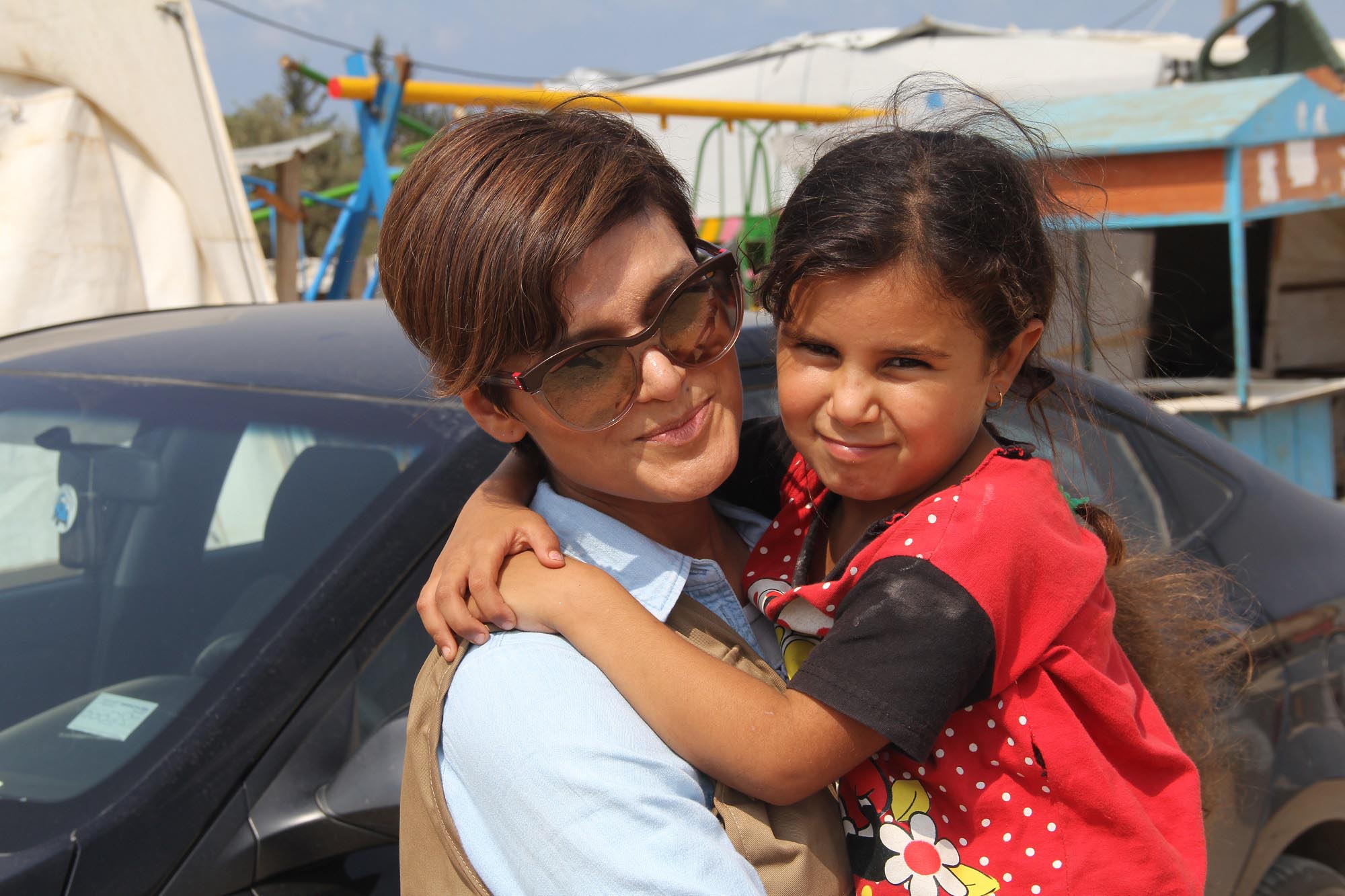HEALTH
“Today I feel like a human being again!” Supporting Hygiene in Refugee Camps in North Lebanon
Oct, 2018
“I am so happy! I can take a shower now with shampoo! I will smell nice and fresh!,” says 9-year-old Mohammed excitedly after receiving a kit of hygiene supplies. The boy is living in a Lebanese camp for Syrian refugees.
Refugees in Lebanon face more than a few hardships. “The water here is so dirty, we can’t even shower. We’re always worried one of our children will get ill. What will we do then?,” asks Omran, one of thousands of refugees living in Rihaniyeh Camp in Akkar, North Lebanon.
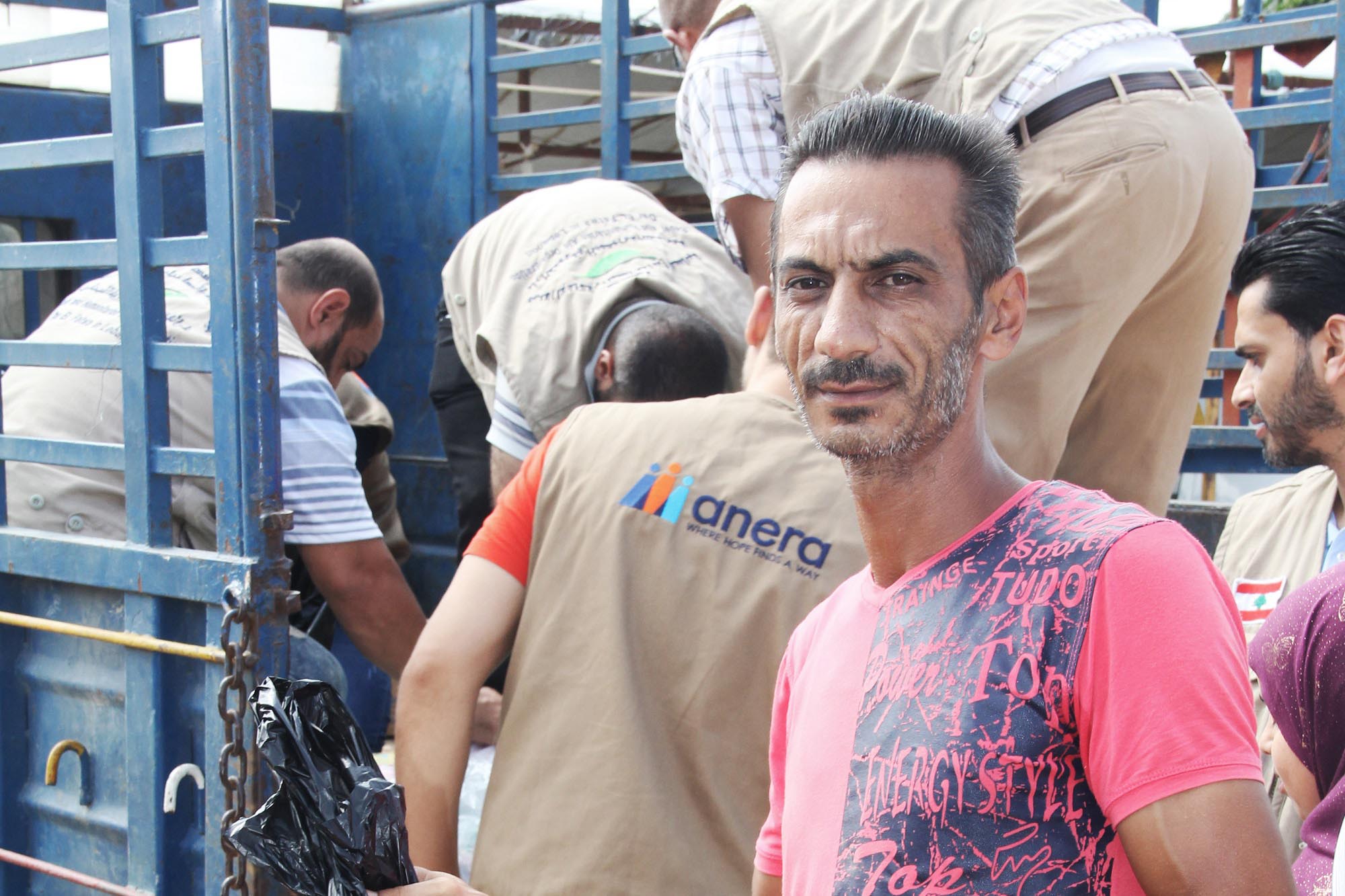

Per capita, Lebanon continues to host the largest number of Syrian refugees in the world. According to the UNHCR, by the end of 2017 Lebanon was host to some 1.5 million Syrian refugees. Most of the refugees have settled in camps and dispersed settlements across the country. An estimated 58 percent of refugees living in Lebanon are in extreme poverty (subsisting on less than $3 per day). Host communities have struggled to keep up with the large number of new residents and tensions have been on the rise. After more than seven years of dislocation and restrictions on residency and work, refugees remain more vulnerable and reliant on humanitarian assistance than ever.
In addition to tensions in host communities, refugees in Lebanon confront shortages in hygienic supplies like oral health products, soap and shampoo. Most refugees cannot afford to buy basic essentials. Personal hygiene products, especially for women and children, are even more difficult to come by. This heightens the risk of contracting diseases in the overcrowded camps.
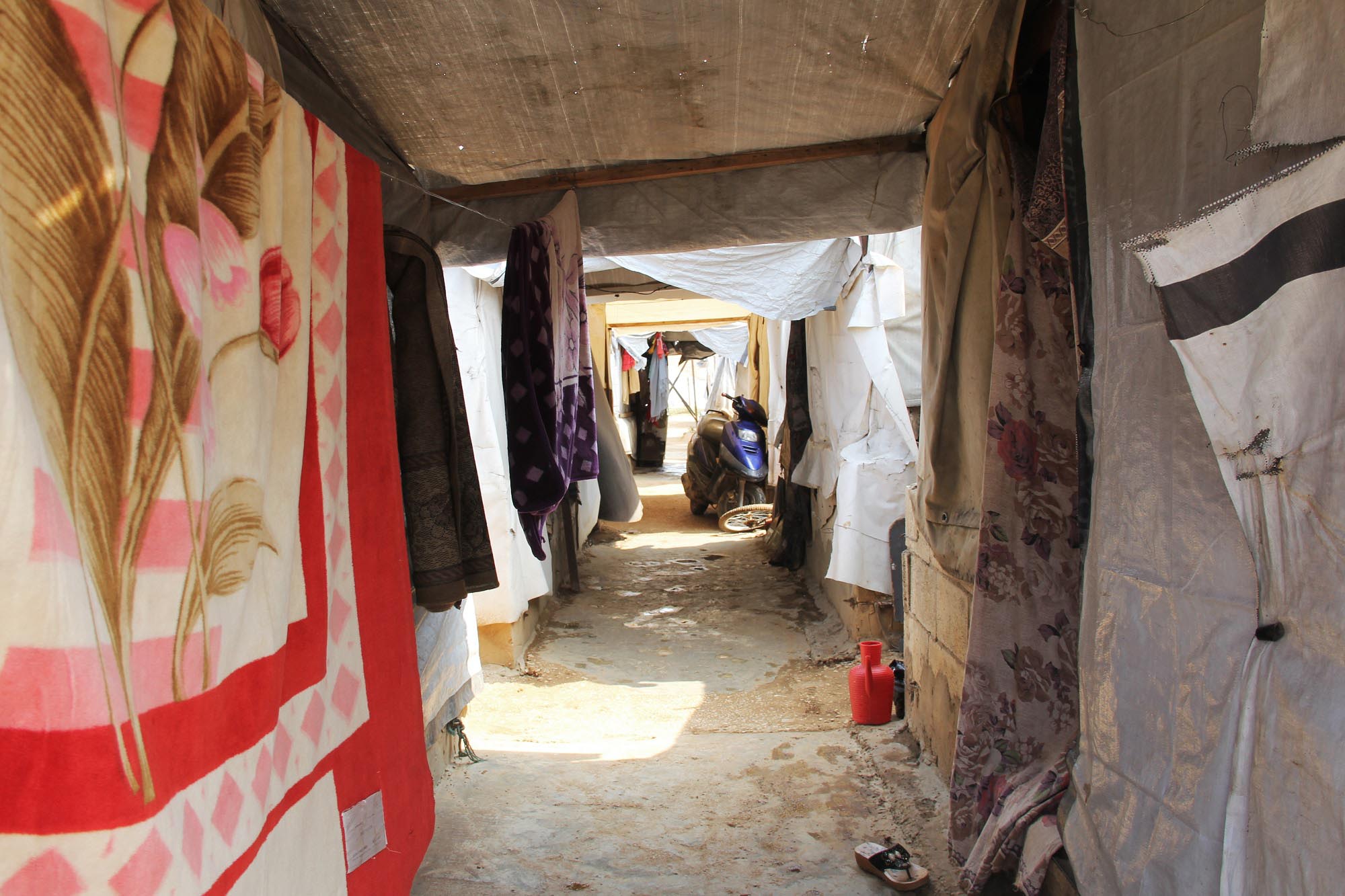

Johnson & Johnson has been active in helping to meet the needs of children and families in crisis for years. In September, they have again partnered with Anera to distribute hygiene products to refugees across North Lebanon, including much-needed items such as shampoo, soap and mouthwash.
“We are proud to support vulnerable communities in the MENA region by helping to alleviate some of their daily challenges,” comments Mariuxi Romero, corporate social responsibility manager at Johnson and Johnson.
All smiles, camp residents stood in line to collect the packed products. Mohammed, a camp resident, says,
“Life does not always give you what you want. But today I feel like a human-being again! When a big company such as Johnson & Johnson visits us, it means that there are still some people out there who care about us.”
